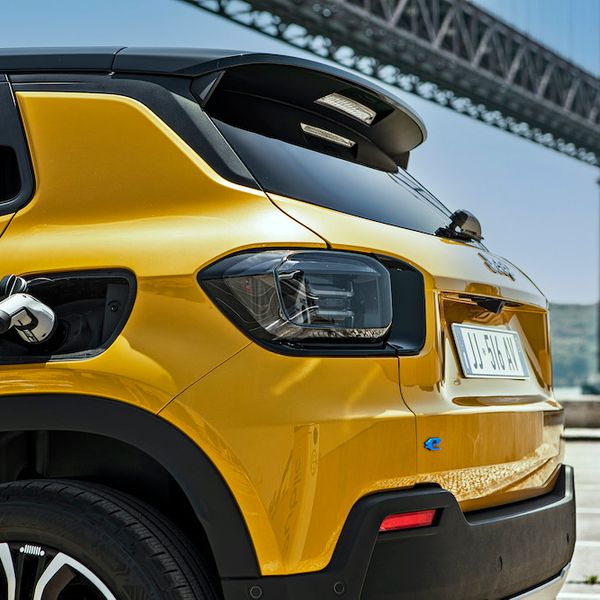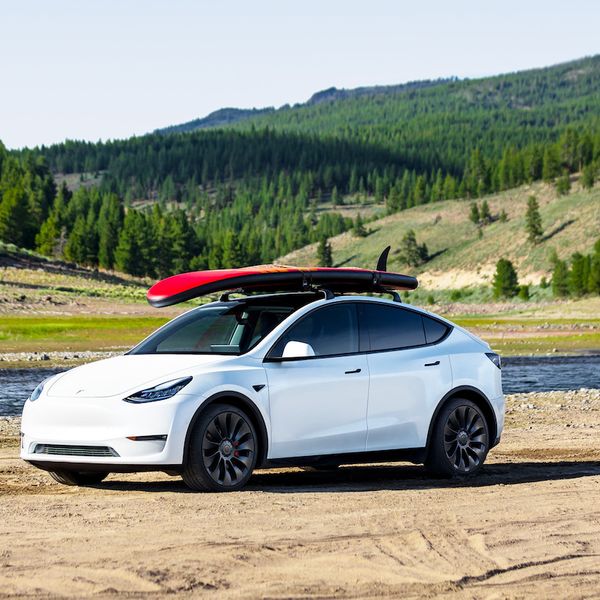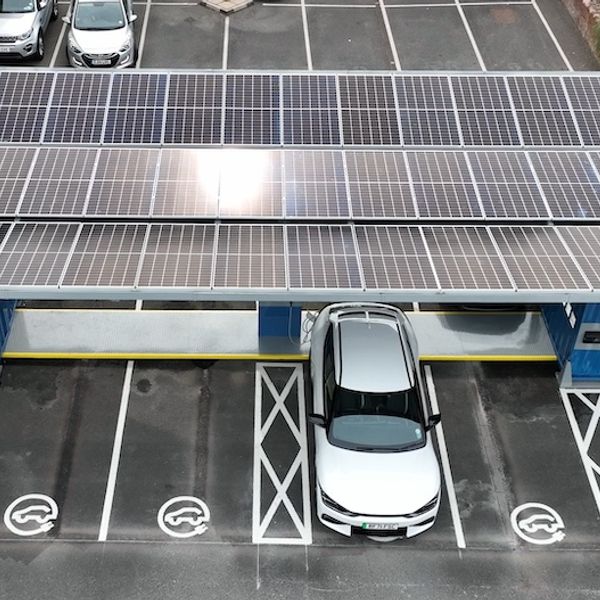The government is poised to introduce new incentives to buy an electric or hybrid car, including a £6,000 ‘scrappage’ scheme to encourage drivers to trade in older, more polluting cars.
According to reports in the Daily Telegraph, Boris Johnson will announce the scheme in the first week of July as part of a raft of measures to stimulate the economy after the Covid-19 lockdown.
Johnson hinted at his support for EVs last week when he said: “One thing we want to drive forward as we come out of this epidemic is green tech, batteries, low carbon vehicles. That’s what we want to champion. That’s the future.”
![]() New incentives would make cost of cars like the Nissan Leaf cheaper than a petrol rival.
New incentives would make cost of cars like the Nissan Leaf cheaper than a petrol rival. Incentives worth thousands of pounds are expected to be on offer for anyone buying a new car, but the most generous will be available to those trading in an old cars and vans in exchange for a new zero-emission electric vehicle.
The extra money would be on top of the grants already available for electric and low-emission cars and could make an EV cheaper to buy than a petrol or diesel.
![]() Scrapping an older car will attract the maximum amount off a new EV
Scrapping an older car will attract the maximum amount off a new EV The support would mirror the recently-announced incentives being offered in other European countries such as France and Germany.
The last scrappage scheme in the UK was launched a decade ago after the 2009 financial crash and was seen as a success for the industry, keeping dealers and factories solvent in a time of crisis.
However, it was criticised for sending serviceable cars to the crusher. It also favoured smaller, cheaper cars and led to the imported Hyundai i10 shooting up to number 1 in the sales charts.
![]() Previous scheme resulted in the Hyundai i10 topping the sales charts
Previous scheme resulted in the Hyundai i10 topping the sales charts If the rules from 2010 are replicated, the buyer would have to trade in a car which is over 10 years old and which they have owned for longer than 12 months in exchange for a brand new car. The old vehicle would then have to be scrapped.
These old cars can be broken up for parts, but cannot be exported or ever returned to the road.
![]() Previous scrappage scheme was criticised for sending classics and serviceable cars to the crusher. And causing cheesy pictures to be sent to the press.
Previous scrappage scheme was criticised for sending classics and serviceable cars to the crusher. And causing cheesy pictures to be sent to the press.  New incentives would make cost of cars like the Nissan Leaf cheaper than a petrol rival.
New incentives would make cost of cars like the Nissan Leaf cheaper than a petrol rival. 















